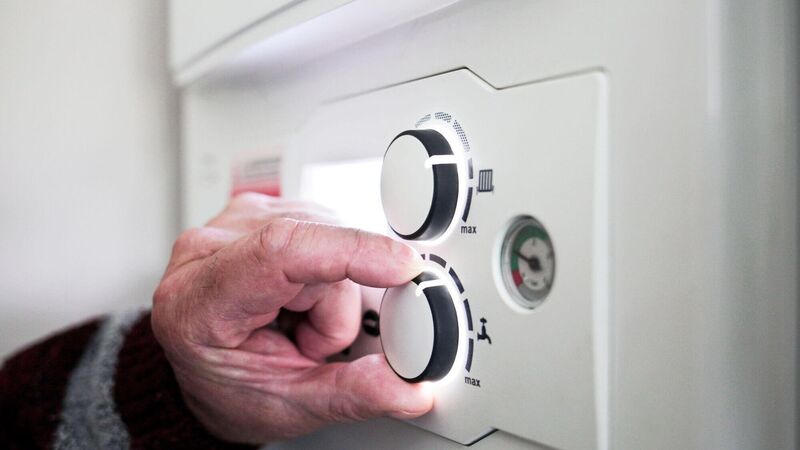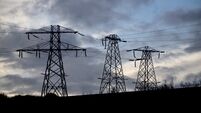Group of 20 Irish charities call for new measures to end energy poverty

The group cited the huge rise in energy costs and said 'the absence of coherent strategy and long-term planning on energy poverty has left low-income households and vulnerable groups particularly exposed to the latest energy price shocks'. File picture: Stuart Boulton
A group of 20 charities has submitted a proposal to Government for a new energy poverty strategy amid worries that spiralling costs will hit an increasing number of already stressed households this winter.
Signatories to the proposal include Age Action, Community Law & Mediation, Flac, Pavee Point, St Vincent de Paul, and Threshold.













